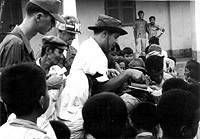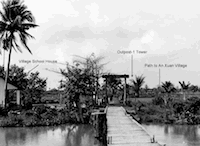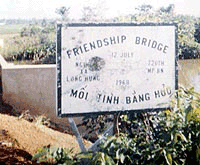The following personnel received promotions to Sergeant E5 under HQ 720th MP Battalion Special Orders #155.
To Sergeant E5,
A Company: Philip J. Beaver, Kenneth R. Benefield, Alan M. Jones, Gary M. Lathrop, Gary A. Sundt.
B Company: Audrey D. Bolen, George R. Gray, Jr., Richard D. Hicks, James R. Minick, Raymond L. Pearson, Dennis E. St. Clair, Alexander Von Koch.
C Company: Elroy Edwards, James P. O’Neil.
212th MP Company (Sentry Dog): Thomas R. Bruns, Edward G. Cline.
To Specialist 5th Class, E5,
C Company: Ronald C. Henselman
HQ Detachment: Richard C. Williamson





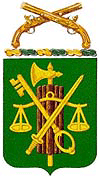 MP
Corps Crest
MP
Corps Crest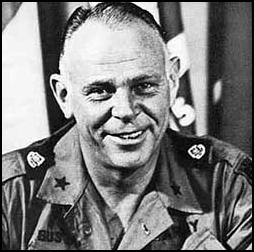 BG Karl W. Gustafson
BG Karl W. Gustafson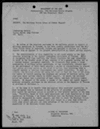
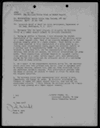
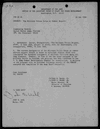
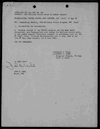
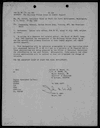


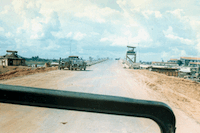
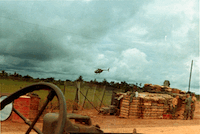
 SP/4 Johnson
SP/4 Johnson